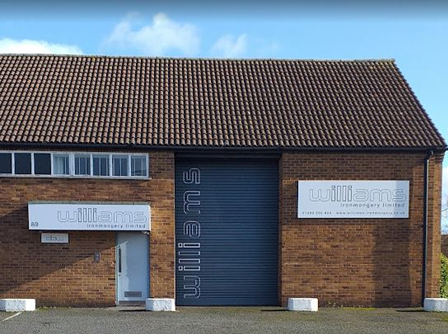IRONMONGERY
Where did the word ironmonger originate from?
The term “ironmonger” has its origins in the Middle Ages in England. The word combines “iron,” referring to the metal, and “monger,” which originally meant a trader or dealer. Thus, an “ironmonger” was someone who dealt in iron goods. Over time, the term expanded to include individuals or stores that sold a variety of metal goods, not just iron.
The Middle English term for “ironmonger” was “iremongere,” which evolved from Old English and Old French roots. As the trade and industry expanded, so did the range of goods sold by ironmongers, including items made of steel, aluminium, brass, and other metals.
There are many spelling variations you may find, such as “Ironmonger,” “Ironmongery,” “Iron monger,” “Ironmongers,” “Iron mongery,” and “Iromonger,” these reflect the evolution and regional differences in spelling over time. Language is fluid, and spelling can vary based on dialect, pronunciation, and historical influences.
Outside of the UK, similar trades and stores might be referred to as “Door Hardware,” “Hardware Store,” “Handles and Fittings,” or other terms that describe the sale of metal goods for domestic or industrial use.
An “Architectural Ironmonger” is a specialized term referring to a person or company with expertise in specifying and supplying ironmongery for construction projects. They play a crucial role in ensuring that buildings have the necessary hardware, fittings, and fixtures to meet functional and aesthetic requirements.
